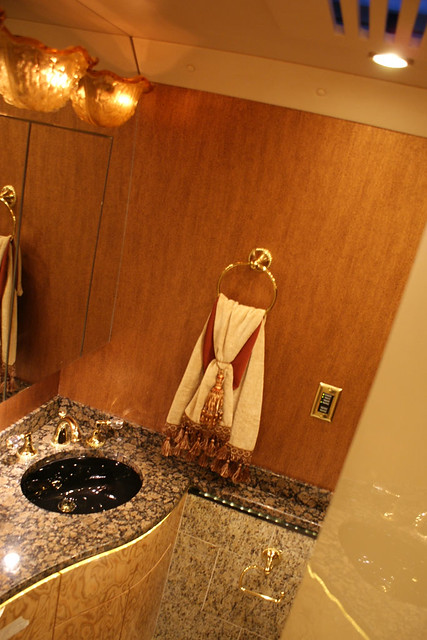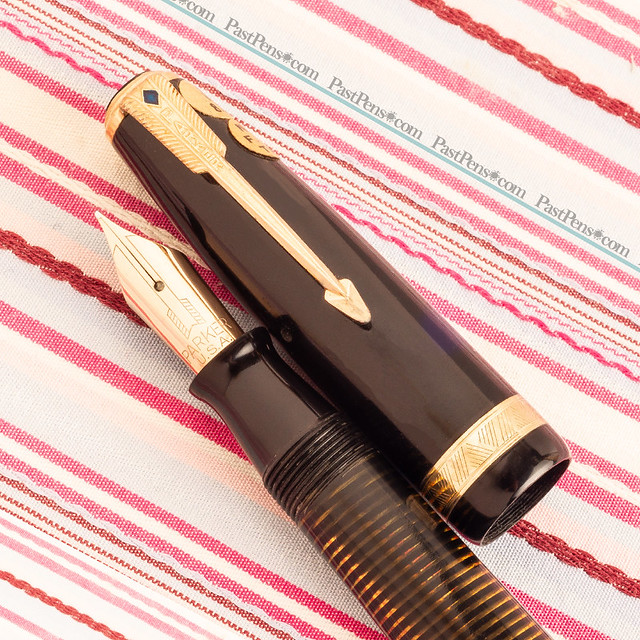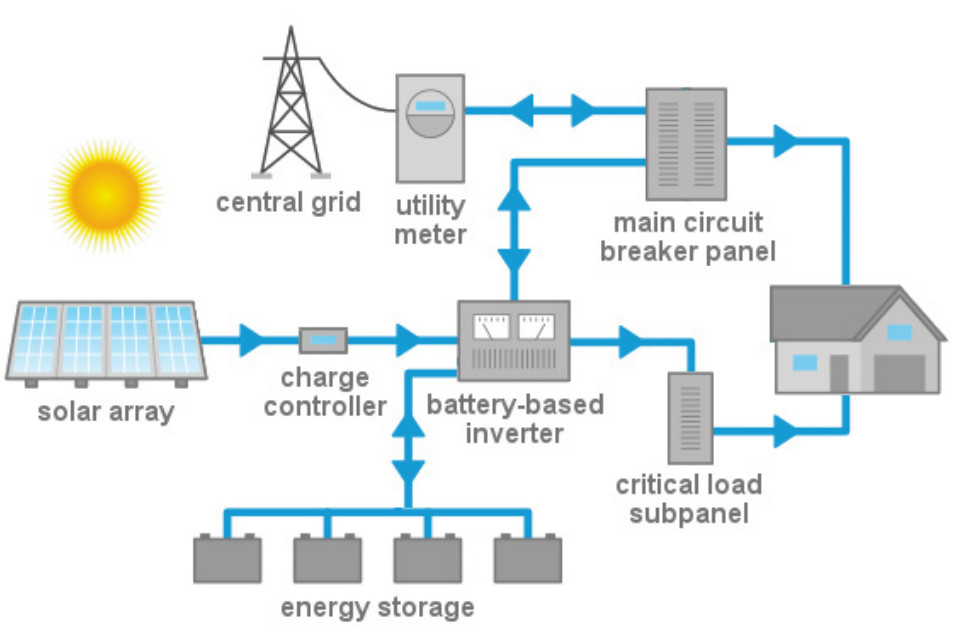Everbuild GP Silicone
Everbuild GP Silicone is an acetoxy cure silicone sealant suitable for sealing sanitary areas, around baths, showers and basins. Also ideal for aluminium gutter sealing and general weather & draught proofing.
In aviation, silicone rubber is able to withstand large temperature fluctuations from freezing conditions at high altitude to hot temperatures when aircraft are on the ground. This enables aircraft to maintain their structural integrity and reduce maintenance costs.
High Resistance to Weather
One of the best things about silicone is that it resists weathering much better than most adhesive caulks. It won’t be affected by cold or heat, and it will still hold a strong bond even after years of exposure to moisture, sun, salt air and other elements.
You can use General Purpose Silicone for almost any application that requires a long-lasting, strong, flexible and watertight seal. It’s ideal for sealing around bathtubs, shower stalls, rimless sinks, kitchen counters and windows. It can also be used for draft stopping and insulating ductwork. It can also be used for other projects that require a strong silicone seal, such as sealing and protecting electrical wires and fixtures, repairing leaky window frames and gutters, and waterproofing eaves troughs.
You should avoid using General Purpose Silicone near sensitive metals such as copper, brass, zinc, carbon steel and galvanized iron, since these can corrode due to the release of acetic acid during the sealant’s cure process. Additionally, this product shouldn’t be used in confined spaces since it needs atmospheric moisture for curing. This sealant can also be toxic if inhaled or ingested, so you should wear protective equipment like a face mask and gloves when applying it. You should also avoid touching the uncured sealant, as it can be extremely slippery and may irritate the skin.
High Resistance to Moisture
With its ability to resist moisture and humidity, silicone General Purpose Silicone is a useful sealant to have on hand for caulking around bathtubs, shower stalls, sinks, kitchen counters, windows and doors. It’s also great for preventing mould growth in damp areas by containing a powerful fungicide.
Silicones also offer excellent adhesion to many surfaces and materials. They stick well to glass, metals and most types of wood. They can even adhere to most painted surfaces. Silicones can withstand extreme temperatures, making them ideal for bonding and sealing components in cars, boats and machinery.
Because of their flexible nature, silicones are easy to work with. They can be used by individuals with very little construction experience and are easy to clean up once they’ve dried. Silicones also emit a very low odor once they’re fully cured.
Clear silicones are often used to seal and sealant gaps in electronics because they help protect the circuits from shock and heat. They are also used as encapsulants for photovoltaic and solar panels, helping improve energy efficiency and reducing maintenance costs. They’re also useful as insulators in homes and buildings, keeping them warmer or cooler depending on the season. This is especially important since climate change is causing a number of temperatures to fluctuate across the globe. Silicones are able to withstand these fluctuations in temperature due to their heat resistance and thermal stability.
High Resistance to Heat
Silicone has an extremely low rate of thermal transfer and can maintain its structure over a wide temperature range. This quality makes silicone sealants suitable for high-temperature applications and helps to prevent damage caused by sudden changes in temperature. For example, automotive engine gaskets must deal with constant vibration and exposure to extreme temperatures. Silicone sealants can withstand these conditions without deteriorating or damaging the gasket or the engine.
In addition, silicone is highly resistant to tearing and abrasion. This makes it an ideal material to use for caulking and sealing areas that are subject to frequent movement or stress. Silicone is also resistant to chemicals, so it won’t be damaged by most cleaners or detergents. It also resists atmospheric corrosion, so it will not corrode metals or concrete and can be used in wet or damp environments.
Many different types of silicone are available, depending on the needs of your application. For instance, you can choose from high- or low-modulus silicones. Low-modulus silicones are more elastic, whereas high-modulus silicones are more rigid. You can also choose between acetoxy and neutral cure silicones. Acetoxy silicones release vinegar-smelling acetic acid as they cure, while neutral cure silicones do not.
GP silicone sealants are great for general purpose applications and can be used in places like kitchens and bathrooms where you may need to seal gaps around bathtubs, showers, sinks, and aluminium guttering. They are also suitable for sealing gaps and joints in windows, doors, trim, and siding.
High Resistance to Corrosion
General Purpose Silicone has been proven to withstand years of exposure to the elements. It can handle rain, sun and snow without losing any of its physical properties. The cured sealant General Purpose Silicone is also resistant to corrosion, making it a great choice for applications in harsh environments.
The one-part, acetoxy cure silicone formula is easy to use for household & construction projects. The sealant has a fast skinning mechanism and is capable of handling humidity up to 50%. The acetoxy curing system also makes this silicone sealant ideal for sealing, joining & protecting non-porous surfaces.
Silicones are extremely versatile and can be used in a wide range of applications, from sealing ductwork to insulating wires and cables. They can also be formulated to be either insulative or electrically conductive, depending on the needs of the project. This flexibility means that silicones are useful in a multitude of industries, from automotive to aerospace.
The high thermal stability of silicones makes them a great choice for sealing joints in hot environments, such as industrial ovens and kitchen equipment. Its resistance to water and other chemicals also makes it a good choice for sealing food-processing equipment and medical devices. The low surface tension of silicones also makes them easy to bond, even on uneven or textured surfaces. It is important to clean the area to be sealed before applying silicone, as any dirt or dust will reduce the quality of the seal.


